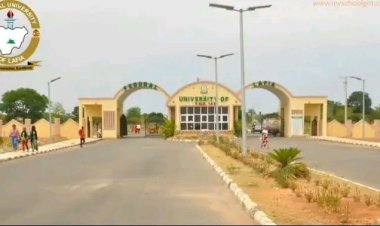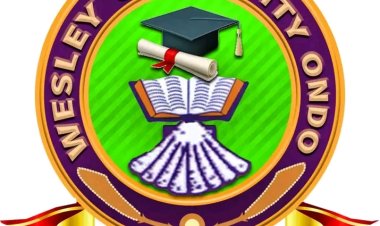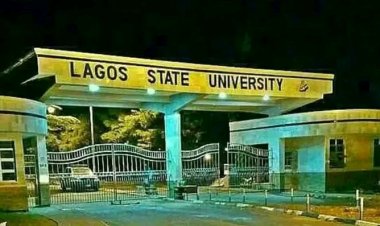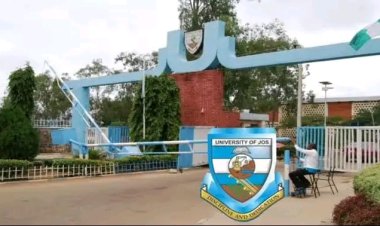Gov. Mutfwang Praises UNIJOS for Promoting Sustainable Environmental Practices
Plateau State Governor Caleb Mutfwang has praised the University of Jos, through its A.P. Leventis Ornithological Research Institute (APLORI), for training students in sustainable environmental practices and biodiversity data collection.
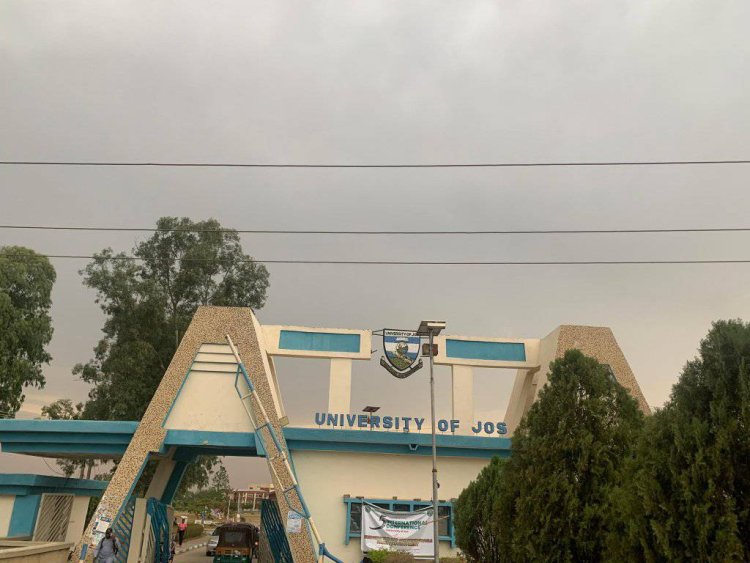
Plateau State Governor, Barr. Caleb Mutfwang, commended the University of Jos for its commitment to sustainable environmental practices at a recent workshop held by the A.P. Leventis Ornithological Research Institute (APLORI) in Laminga.
Represented by Special Adviser on Sustainability and Carbon Credit, Nuhu Yakubu, the Governor highlighted efforts to reduce carbon emissions, including the introduction of a Bus Rapid Transit system and conservation of forests in Jos-East and Bassa. He praised the university’s focus on biodiversity and the use of emerging technologies for data collection.
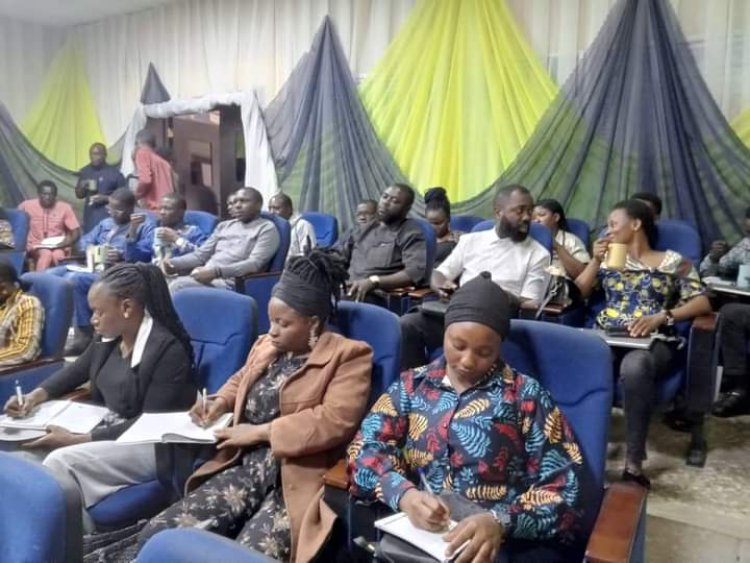
Vice-Chancellor Professor Tanko Ishaya emphasized the importance of conservation and biodiversity for humanity’s future, stressing the university’s reliance on empirical data. Professor Nestor Chagok, Dean of the Faculty of Natural Sciences, shared that the university’s actions are driven by scientific data to aid biodiversity management.
Workshop facilitator Dr. Gideon Deme from the Department of Science Laboratory Technology underlined the need to equip graduate students with skills in artificial intelligence and machine learning for biodiversity research. Dr. Ricardo Henriques Correia, from the University of Turku, Finland, delivered a lecture on the role of social media in biodiversity data collection, warning of potential challenges in data quality.
Acting Director of APLORI, Dr. Adams Chaskda, explained that the workshop aims to enhance participants' skills in collecting reliable data to support conservation efforts, reducing the adverse impacts of human activities on ecosystems.

 Mary Nwaeze
Mary Nwaeze 